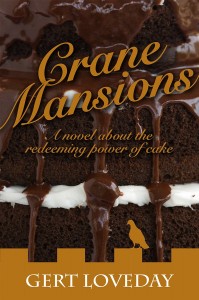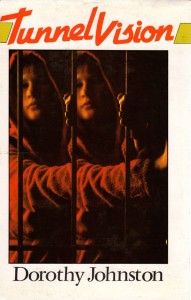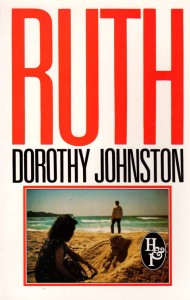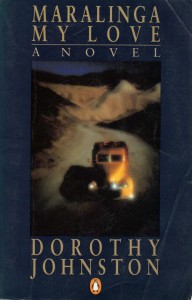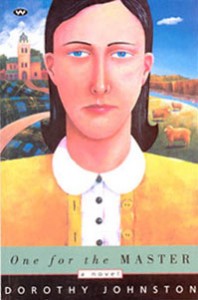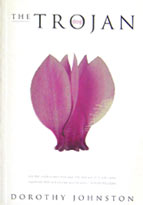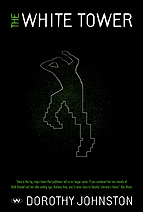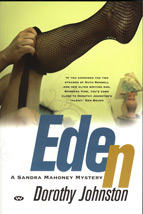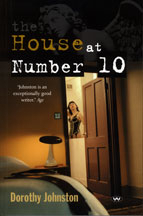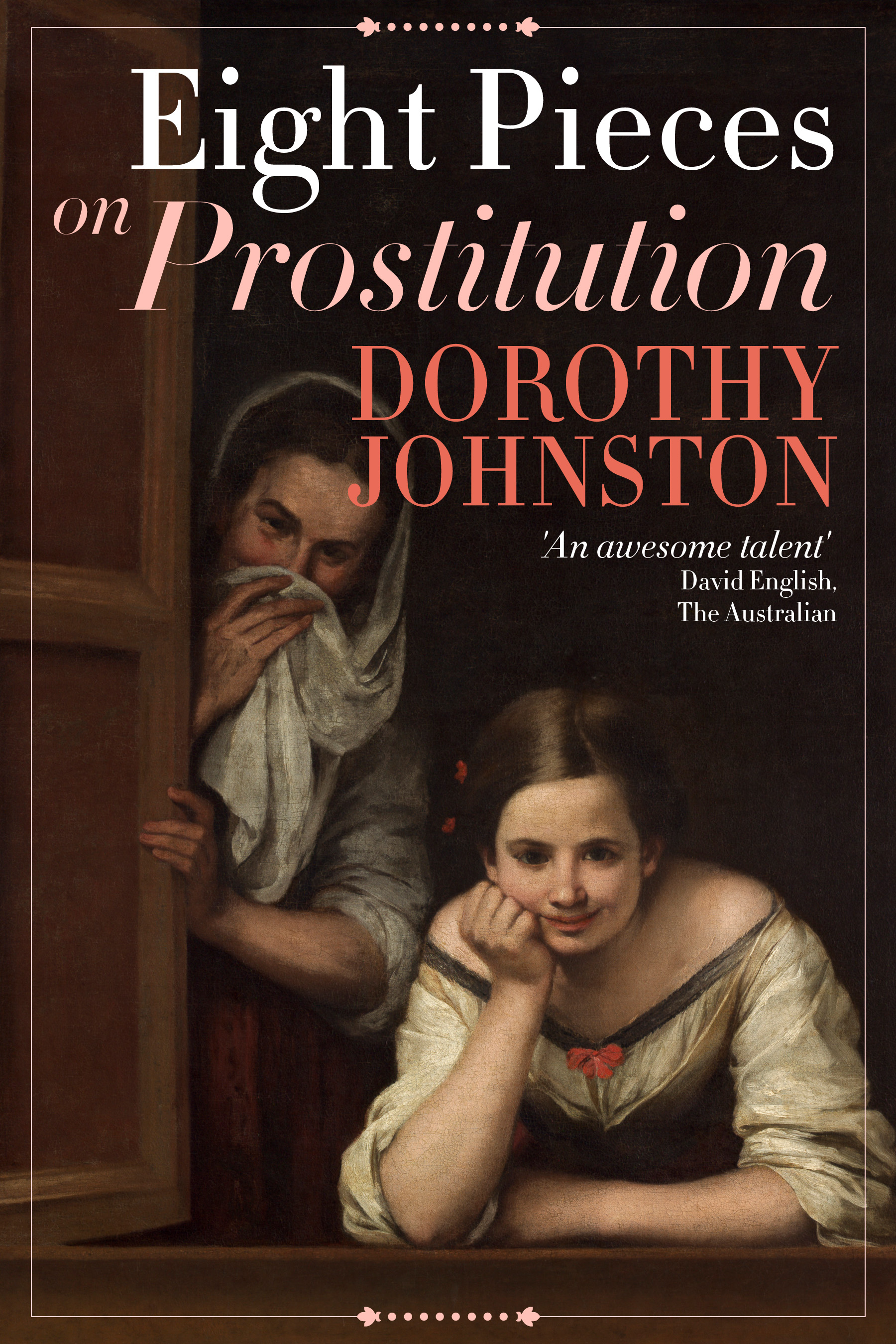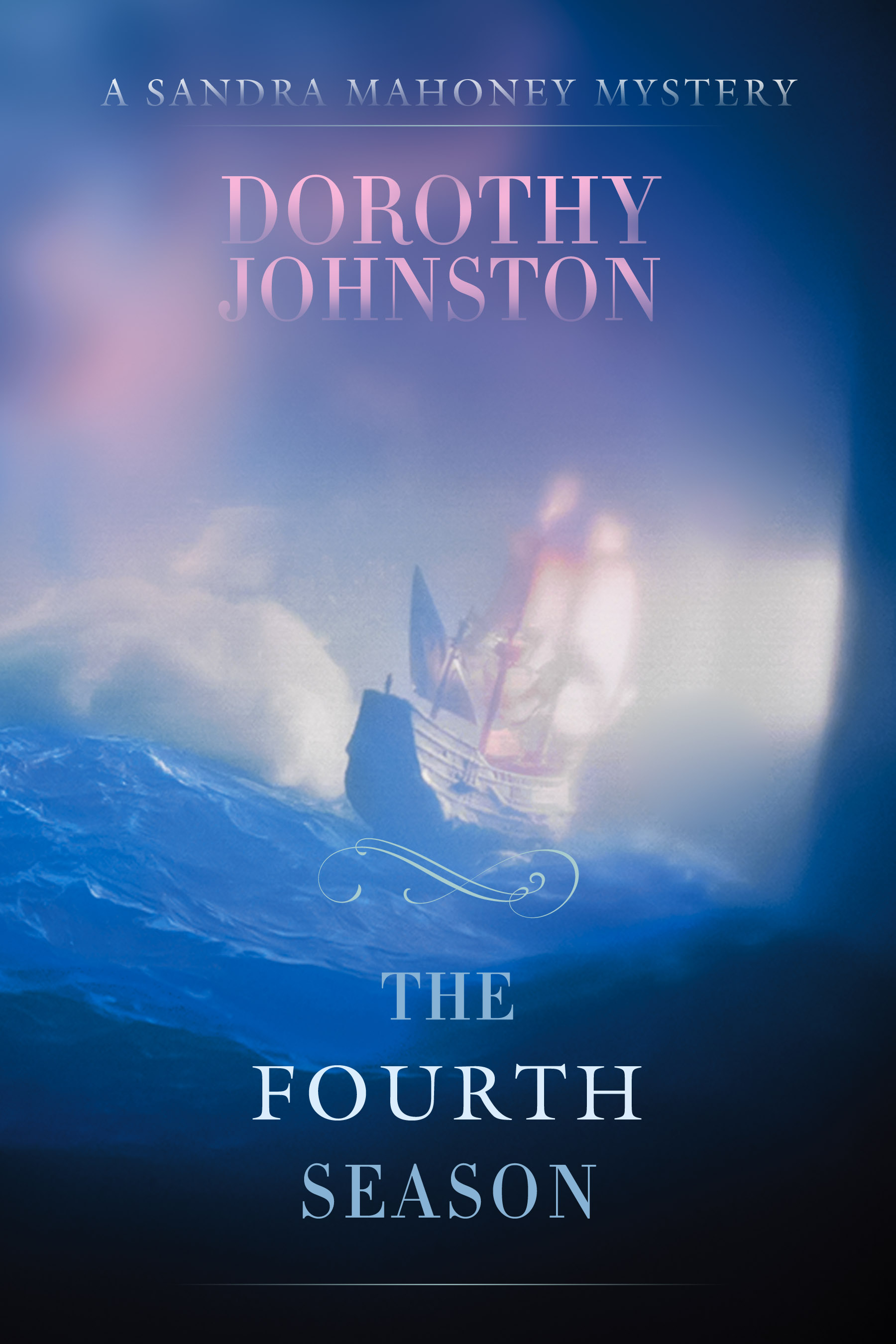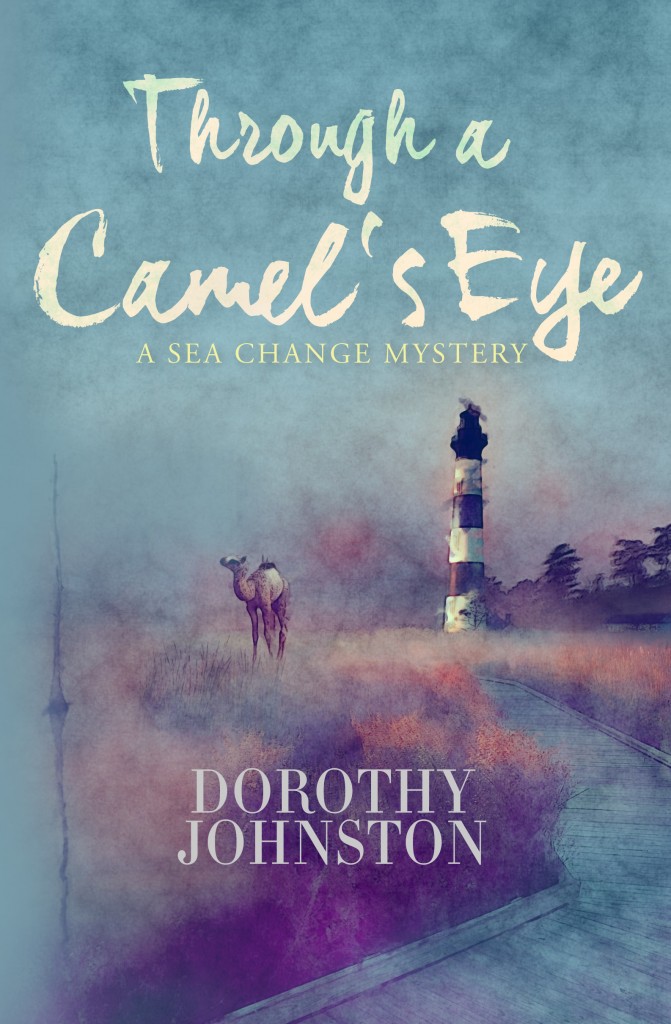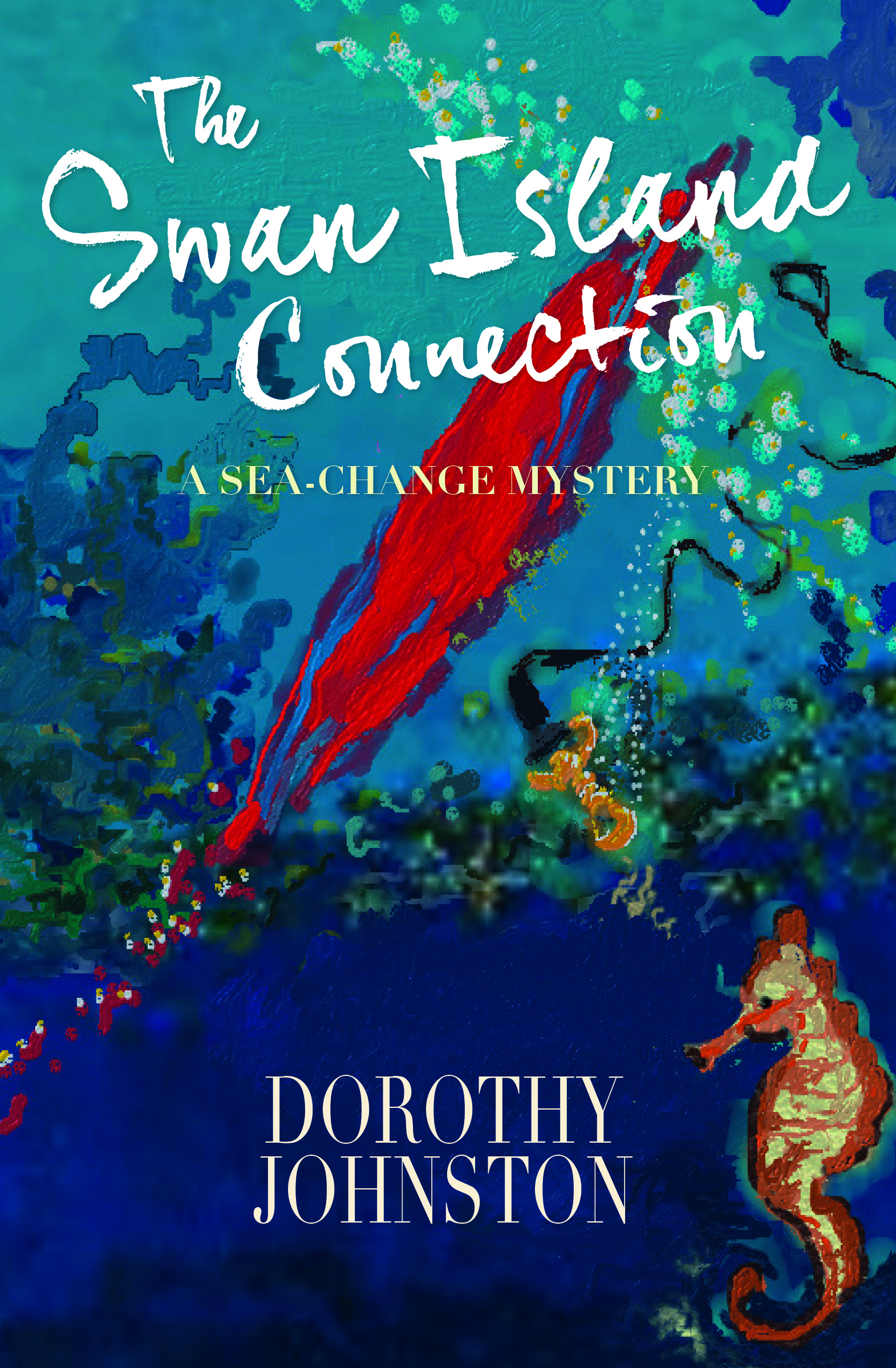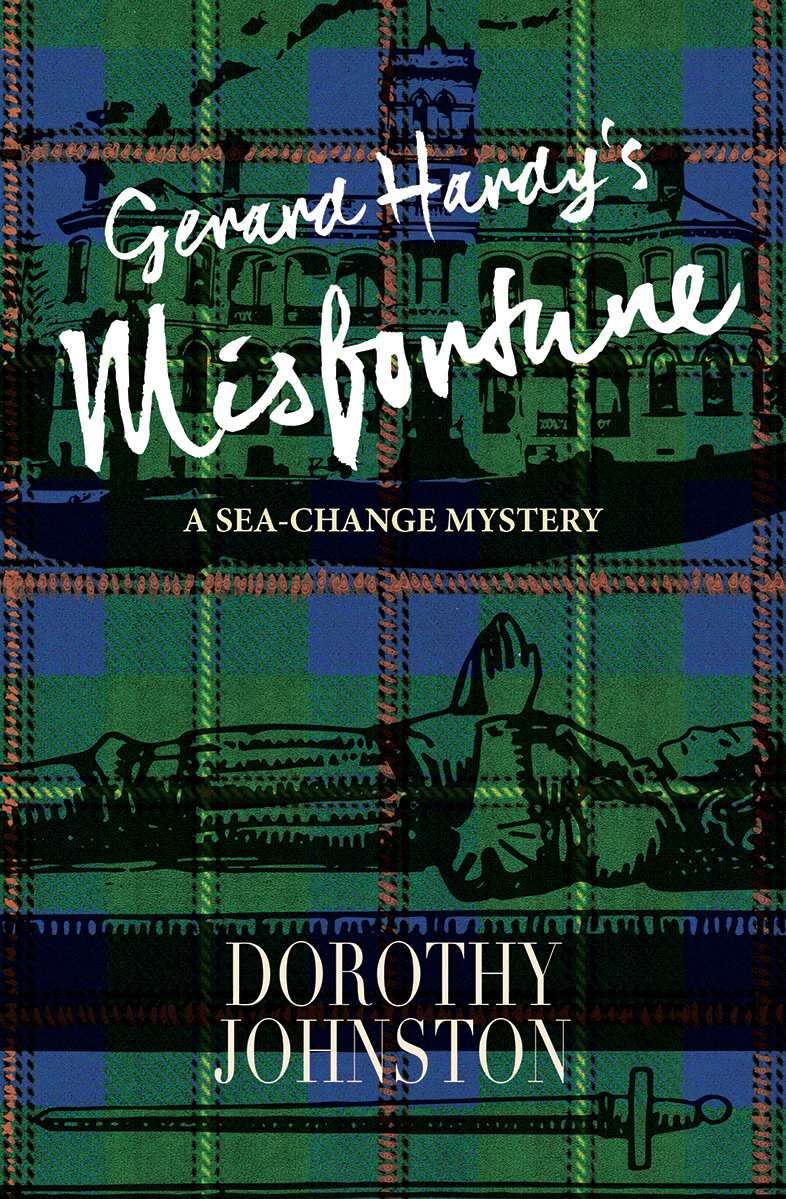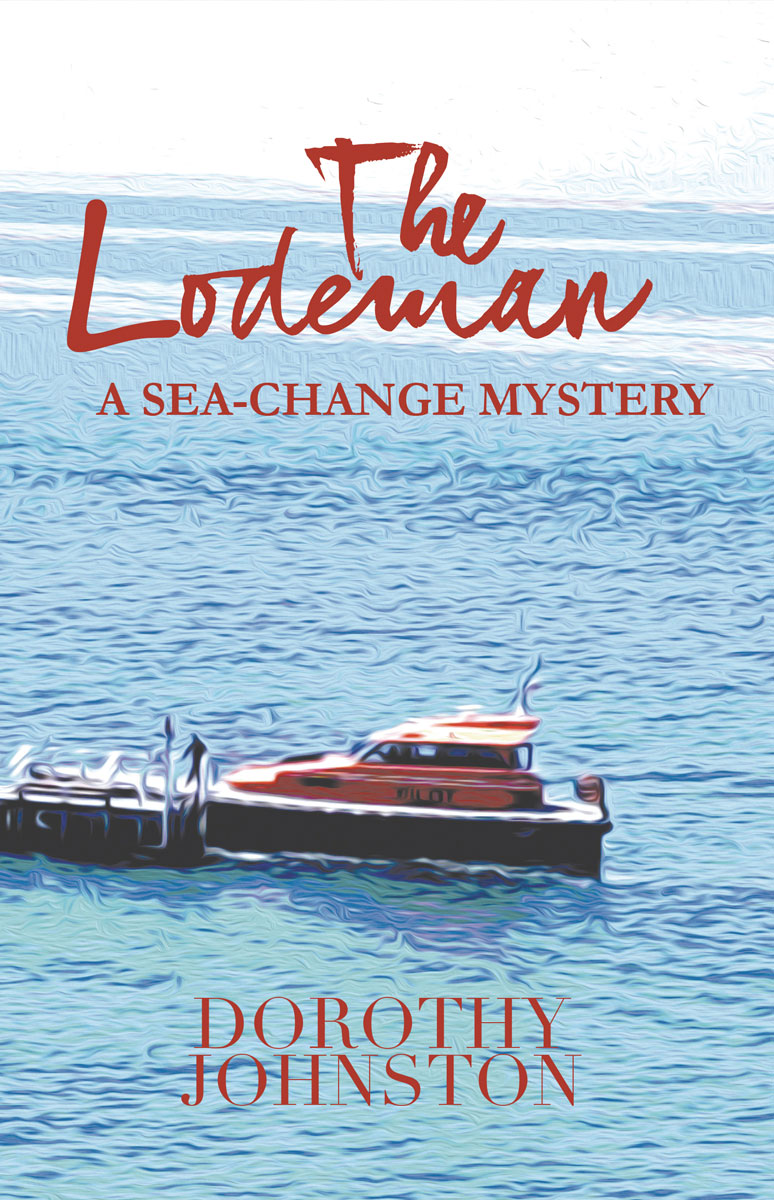Gert Loveday had done it again with another wild, whacky and delicious comic novel.
Writing Is Easy, Gert’s debut novel, is a marvellous send-up of a writing workshop and the people to attend and run it. Crane Mansions, the place, is a school for foundlings – literally babies left in baskets – presided over by Dr Crane, who is obsessed by pigeons and has created an entire philosophy built around observing them. Crane leaves the running of the school to evil Marcel Hogue and a group called the Leaders. The children, the Learners, are half-starved and bullied, made to parrot nonsensical Texts, Precepts and Axioms, and punished for failing to interpret them correctly.
This sounds grim, and on one level it’s meant to be – a satire on the worst kind of boarding school. Like all good satirists, Gert exaggerates in order to make her point, and we laugh at the ridiculous posturings of the so-called teachers, and the pupils’ schemes to get the better of them, one way or another.
But Crane Mansions is more than a simple or straight-forward satire; it has at its heart a humanity and warmth that many satires lack. Milly Lord is apparently an indigent foundling like all the other children, though she arrives as a seven-year-old rather than a baby. Milly has memories of another life, and is wise and imaginative as well. She responds to Crane’s kindness, manifested at first by offerings of cake and a willingness to listen, and gradually the whole, cruel edifice of the school begins to crumble.
The cast of humorous villains includes Trish Vowles, out to swindle Milly if she can, her partner Sam, who, in an attempt to win her back turns himself into a furiously sun-tanned and bewigged buffoon, and Eustace Pugh and Sybilla Shaw, who start off on the side of the villains but are redeemed in time.
The cover tag line reads ‘a novel about the redeeming power of cake’ and while this is obviously a joke, it also holds its own kind of truth. Crane Mansions, while sending itself up continually, and tying itself in knot after knot, is redemptive in ways that only a special kind of comedy can be. So that even the crazy Thoughts of the headmaster come to mean more than they appear to, and the Pageant at the end becomes a celebration of human ingenuity and irrepressible sense of fun.
* Gert Loveday is the pen name of writing duo Gabrielle Daly and Joan Kerr
Crane Mansions is available for sale on Amazon
This year I was privileged to judge the Barbara Jefferis Award, together with Margaret Barbalet and Georgia Blain. Actually, the award was for two years, 2013 and 2014. There were 72 entries from 32 publishers, plus a small number of self-published novels.
Here is our shortlist:
Amy Espeseth: Sufficient Grace (Scribe)
Tracy Farr: The Life and Loves of Lena Gaunt (Fremantle Press)
Jacinta Halloran: Pilgrimage (Scribe)
Margo Lanagan: Sea Hearts (Allen & Unwin)
Fiona McFarlane: The Night Guest (Penguin Books)
Margaret Merrilees: The First Week (Wakefield Press)
Drusilla Modjeska: The Mountain (Vintage Books)
A further novel was highly commended: Laura Buzo: Holier Than Thou (Allen & Unwin)
Barbara Jefferis was a feminist, a founding member of the Australian Society of Authors and its first woman president. (See my earlier post about her and the award.)
Judging the award was a lot of fun, but hard, because there were many sparkling contenders. One thing that stands out for me about our shortlist is that the books on it couldn’t be more different – apart from the quality of the writing, of course.
The Mountain is an ambitious, panoramic novel spanning the years since Papua New Guinea gained independence, while The First Week, as its title suggests, takes place over only a few days, with a small cast of characters. Sea Hearts is a fantasy novel, and The Night Guest rubs shoulders with the surreal. Jacinta Halloran explores ethical and emotional dilemmas within a realist framework, as does Tracy Farr.
By referring to genre categories, I don’t want in any way to diminish the originality of the shortlisted books, but to point out their diversity.
Another interesting point to note is that, out of seven shortlisted titles, four were published by small (or small to medium-sized) publishers, although by far the greatest number of entries were submitted by the ‘big names’ – Penguin, Random House, Allen& Unwin and so on. In making our selection, we didn’t discuss publishers at all, and it’s only now, in writing this post, that the comparison has occurred to me.
I’ll have more to say about the shortlist, but I wanted to end this post on a personal note. The award entries I’ve been reading and thinking about over the last two and a half months are associated for me with the places I read them. I live near the sea and often sat with a favourite view of Port Phillip Heads and two or three novels beside me. At other times the wind was cold, and I found a sheltered spot by the mouth of the Barwon River.
Then, as my friends who read this blog will know, my mother became ill. (She died on July 30.) I took books to the hospital to read. I couldn’t stand staring at the walls, and it didn’t seem to be any kind of insult to my mother, who loved reading and had considerable success herself, with poetry and short stories. It’s a strange kind of accident, I suppose, but some of the entries – I won’t name them – will be forever linked for me with wards and nurses and a morphine drip.
